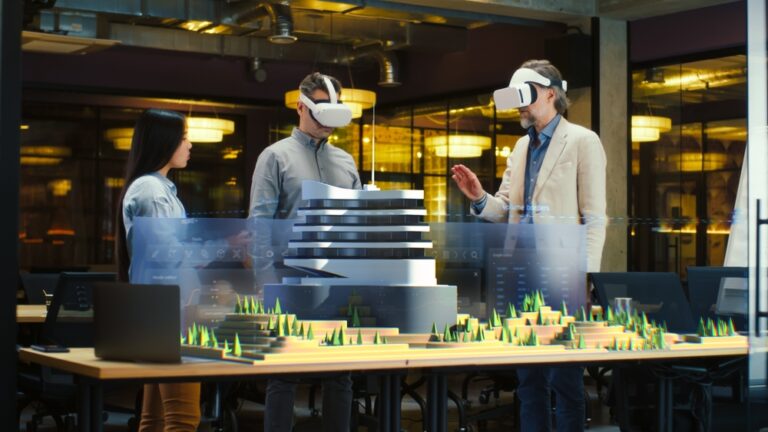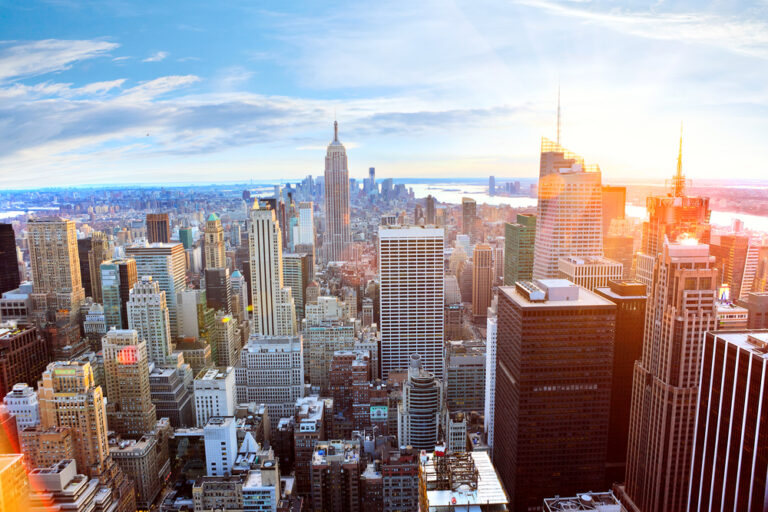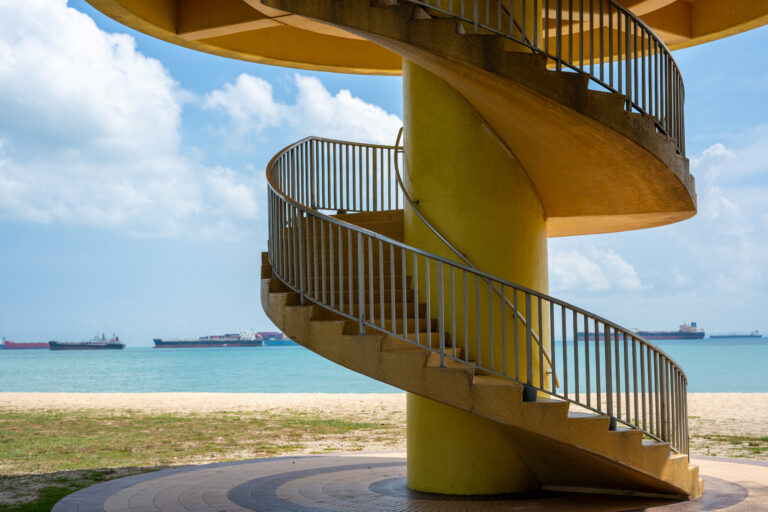Creating a sustainable future with engineered bamboo lumber
Bamboo is the fastest-growing plant, as well as is fire resistant and 2.5 times the strength of steel

For the longest time, we’ve been aware that forests are cut down to provide for countless human activities and agricultural products. Yet on the report published by the Union of Concerned Scientists, when trees are cut down, burned, or left to rot, the stored carbon is discharged into the atmosphere as carbon dioxide and hence, global warming.
It is estimated that deforestation is responsible for around 10 percent of all global warming emissions. As wood is frequently harvested unsustainably as a construction material, real estate and construction are major contributors to the ecological and climate crises. Forests provide immense benefits to the planet and its living beings, from purifying the air we breathe, hosting countless unique animal and plant species, and being a crucial source of food, medicine, and clean drinking water for those in developing countries. Yet, us humans, are jeopardising these benefits through forest degradation and deforestation from construction, illegal logging, and agriculture.
Nevertheless, some believe that wooden buildings are the future of architecture, seeing that timber structures draw carbon from the air and store it in homes and offices. According to a BBC article, wood sourced from managed forestry actually stores carbon rather than emitting it, which makes it much more appropriate than carbon-intensive construction materials, namely concrete and steel, that highly contribute to CO2 emissions.
But what if there’s an even better alternative than wood? Bamboos.
Bamboo is predicted to be one of the only viable construction materials that can grow in a climate-positive, built-in environment. Troy Carter, co-founder and chief strategy officer at Rizome, is pioneering the use of engineered bamboo lumber as a climate-positive alternative. In the article “Bamboo, a viable construction material for a sustainable future” published in the ARES digital White Paper Vol. 1., Troy explains that bamboo is the fastest-growing plant, consumes 12 times less land than wood, 2.5 times the strength and weight of steel, and fire-resistant. There are still many hurdles to overcome for this innovative material, but this is a great step forward for property and construction sectors in fighting climate change.
Read more of “Bamboo, a viable construction material for a sustainable future” at asiarealestatesummit.com/ares-digital-white-paper-vol-1/
Write to our editors at [email protected].
Recommended
Why everyone is moving to Selangor and Johor: Malaysia’s real estate comeback
Malaysia’s upturn in fortunes is especially prevalent in secondary destinations such as Selangor and Johor
Penang’s silicon boom: How the US-China tech war is supercharging local real estate
Penang’s booming semiconductor industry has created ripples within the local real estate sector
ARES White Paper Volume 2: Unravelling the power of data revolution in real estate
Insights on proptech, smart cities, and sustainable development
ARES Digital White Paper Volume 1 tackles the fundamentals of responsible building
Green and climate heroes join forces to discuss how Asia Pacific can weather the current environmental crises and the looming effects of climate change







